How Was Your Day? (วันนี้เป็นอย่างไรบ้าง) / พื้นฐานบทสนทนาภาษาอังกฤษ English Conversation Ep.3
วันนี้คุณทำอะไรบ้างภาษาอังกฤษ
สวัสดีครับ! ในวันนี้เราจะมาพูดถึงเรื่อง “วันนี้คุณทำอะไรบ้างภาษาอังกฤษ” ซึ่งเป็นเรื่องที่น่าสนใจและสำคัญในการสื่อสารในชีวิตประจำวัน ไม่ว่าจะเป็นการถามสภาพความเป็นอยู่ของคนอื่น ๆ หรือเสนอประสบการณ์และความคืบหน้าในชีวิตของเราเอง ดังนั้น อ่านต่อเพื่อค้นหาคำตอบและเคล็ดลับในการสื่อสารภาษาอังกฤษกันเถอะ!
1. สอบถามสภาพความเป็นอยู่ (Asking about someone’s activities)
ในการสื่อสารภาษาอังกฤษ การสอบถามสภาพความเป็นอยู่ของคนอื่น ๆ เป็นเรื่องที่น่าสนใจมาก ๆ และเป็นที่นิยมในการแลกเปลี่ยนความคิดเห็น คำถามที่ใช้บ่อย ๆ เพื่อถามว่าคุณทำอะไรอยู่ก็มีดังนี้ครับ:
- “What are you doing now?” (คุณทำอะไรอยู่ในขณะนี้?)
- “What are you up to?” (คุณทำอะไรอยู่?)
- “How’s your day going?” (วันนี้คุณเป็นอย่างไร?)
- “What have you been doing lately?” (คุณทำอะไรมาในช่วงนี้?)
การใช้ประโยคนี้จะช่วยให้คุณเข้าใกล้กับคนอื่น ๆ และสร้างพื้นที่ในการแลกเปลี่ยนประสบการณ์และความรู้สึกของคนในที่สุดของชีวิตประจำวันของพวกเราครับ!
2. พูดถึงกิจกรรมในชีวิตประจำวัน (Talking about daily activities)
ในชีวิตประจำวันของเรา กิจกรรมต่าง ๆ จะเป็นสิ่งที่เราทำอยู่ตลอดเวลา การแสดงออกถึงกิจกรรมที่เราทำอยู่ในปัจจุบันหรือกิจกรรมที่เป็นระหว่างการทำก็เป็นเรื่องที่ท้าทาย ดังนี้คือตัวอย่างประโยคที่ใช้ในการพูดถึงกิจกรรมในชีวิตประจำวัน:
- “I am studying English at the moment.” (ฉันกำลังเรียนภาษาอังกฤษในขณะนี้)
- “She is cooking dinner for the family.” (เธอกำลังทำอาหารค่ำสำหรับครอบครัว)
- “They are playing football in the park.” (พวกเขากำลังเล่นฟุตบอลที่สวนสาธารณะ)
- “He is taking a shower before going to bed.” (เขากำลังอาบน้ำก่อนที่จะนอน)
การใช้คำกริยาช่องที่ 1 (Present Continuous Tense) จะช่วยให้เราแสดงถึงกิจกรรมที่กำลังเกิดขึ้นอยู่ขณะนั้น และเป็นที่นิยมในการพูดถึงเหตุการณ์ในชีวิตประจำวันของเราครับ!
3. อธิบายการทำงานหรือการศึกษา (Describing work or study)
เมื่อเราต้องการอธิบายหรือเสนอข้อมูลเกี่ยวกับการทำงานหรือการศึกษาของเรา เราสามารถใช้คำศัพท์และประโยคที่เกี่ยวข้องกับสายงานหรือการศึกษาได้ดังนี้ครับ:
- “I work as a teacher at a local school.” (ฉันทำงานเป็นครูที่โรงเรีย
คำสำคัญที่ผู้ใช้ค้นหา: วัน นี้ คุณ ทํา อะไร บ้าง ภาษา อังกฤษ วันนี้คุณมีแผนจะทําอะไร ภาษาอังกฤษ, วันนี้คุณเป็นอย่างไรบ้าง ภาษาอังกฤษ, ที่รักทําอะไรอยู่ ภาษาอังกฤษ, พรุ่งนี้คุณมีแพลนจะทําอะไร ภาษาอังกฤษ, ทําอะไรอยู่ ภาษาอังกฤษ วัยรุ่น, คุณทําอะไร ภาษาอังกฤษ, คุณทําอะไรอยู่ แปล, คืนนี้คุณจะทําอะไร ภาษาอังกฤษ
รูปภาพที่เกี่ยวข้องกับหัวข้อ วัน นี้ คุณ ทํา อะไร บ้าง ภาษา อังกฤษ

หมวดหมู่: Top 26 วัน นี้ คุณ ทํา อะไร บ้าง ภาษา อังกฤษ
ดูเพิ่มเติมที่นี่: cookkim.com
วันนี้คุณมีแผนจะทําอะไร ภาษาอังกฤษ
วันนี้คุณมีแผนจะทำอะไร (ภาษาอังกฤษ)
Introduction
ในชีวิตประจำวันของเรา การวางแผนและกำหนดกิจกรรมต่างๆ เป็นสิ่งที่สำคัญในการใช้ชีวิตให้เต็มความสุขและสำเร็จตามเป้าหมาย วันนี้คุณมีแผนจะทำอะไร เป็นหัวข้อที่น่าสนใจที่จะสำรวจและเรียนรู้เพื่อให้เพิ่มโอกาสในการทำให้วันให้เต็มไปด้วยความสำเร็จ ในบทความนี้ เราจะสำรวจเกี่ยวกับวันนี้คุณมีแผนจะทำอะไรในภาษาอังกฤษเพื่อให้คุณเข้าใจและมีทั้งความรู้และแนวทางในการกำหนดแผนให้กับวันของคุณให้เต็มไปด้วยความสำเร็จและความสุข อ่านต่อเพื่อค้นพบความรู้และแรงบันดาลใจในการตั้งแผนวันของคุณ!
Setting Your Plan for Today
เริ่มต้นวันของคุณด้วยการกำหนดแผนที่คุณต้องการทำในวันนี้ การวางแผนให้ดีส่วนใหญ่จะช่วยเพิ่มโอกาสในการสำเร็จของกิจกรรมต่างๆ และช่วยลดความเครียดที่อาจเกิดขึ้นจากความไม่มั่นใจในการจัดการเวลาของคุณ นี่คือขั้นตอนที่คุณสามารถทำเพื่อกำหนดแผนวันของคุณ:
-
รายการกิจกรรม: เริ่มต้นด้วยการเขียนรายการกิจกรรมที่คุณต้องการทำในวันนี้ สามารถเป็นกิจกรรมที่เกี่ยวข้องกับงานหรือการศึกษา และกิจกรรมที่คุณอยากทำเพื่อความสนุกสนานและการพักผ่อน
-
กำหนดลำดับความสำคัญ: เมื่อคุณมีรายการกิจกรรมแล้ว ให้กำหนดลำดับความสำคัญของแต่ละกิจกรรม โดยให้ความสำคัญให้กับกิจกรรมที่ต้องทำเร็วที่สุดหรือมีความสำคัญสูงสุด
-
กำหนดเวลา: กำหนดเวลาที่คุณต้องการทำกิจกรรมแต่ละกิจกรรม ควบคู่กับการกำหนดลำดับความสำคัญ การกำหนดเวลาช่วยให้คุณควบคุมการใช้เวลาและลดโอกาสในการลืมกิจกรรมที่ต้องทำ
-
ให้เวลาสำหรับความยืดหยุ่น: ในการกำหนดแผนวันของคุณ อย่าลืมให้เวลาสำหรับความยืดหยุ่น ความยืดหยุ่นช่วยให้คุณสามารถจัดการกับสถานการณ์ที่ไม่คาดคิดได้ และช่วยลดความเครียดที่อาจเกิดขึ้น
-
ตรวจสอบและปรับแผน: ท้ายที่สุด ตรวจสอบแผนที่คุณกำหนดขึ้นและปรับแผนตามสถานการณ์ที่เปลี่ยนแปลงได้ การทำแบบนี้ช่วยให้คุณทันสถานการณ์และปรับตัวตามสภาพแวดล้อมในวันนี้
วันนี้คุณมีแผนจะทำอะไร: คำถามที่พบบ่อย (FAQs)
**1. ทำไมการวางแผนวันนี้คือสิ่งที่สำค
วันนี้คุณเป็นอย่างไรบ้าง ภาษาอังกฤษ
วันนี้คุณเป็นอย่างไรบ้าง ภาษาอังกฤษ (How Are You Today in English)
Introduction
In this article, we will delve into the topic of how to express and answer the question “วันนี้คุณเป็นอย่างไรบ้าง?” (How are you today?) in the English language. Language is a powerful tool that allows us to communicate and connect with people from different cultures and backgrounds. Understanding how to express our emotions and well-being in English can be beneficial, especially in a globalized world where English is widely spoken and used as a lingua franca.
In this guide, we will provide detailed information on various ways to ask and respond to the question “How are you today?” in English, including formal and informal expressions. We will also explain specific concepts related to tenses and sentence structures to help learners gain a comprehensive understanding of the topic.
Asking “How Are You Today?” in English
- “How are you?”
The most common and simple way to ask someone how they are doing is by saying, “How are you?” This question is used in both formal and informal settings. It is a polite and friendly way to initiate a conversation and show genuine interest in the well-being of the other person.
Example:
A: “Hi John, how are you?”
B: “I’m doing well, thank you. How about you?”
- “How are you doing?”
This expression is similar to “How are you?” but adds the word “doing,” making it slightly more casual and conversational. It is widely used in everyday conversations and is considered friendly and approachable.
Example:
A: “Hey, long time no see! How are you doing?”
B: “I’m doing great. Thanks for asking!”
- “How are you today?”
Adding the word “today” to the question gives it a more specific context. It shows that you are inquiring about the person’s well-being on this particular day. This expression is commonly used in both spoken and written English.
Example:
A: “Good morning, Susan. How are you today?”
B: “Good morning, I’m feeling a bit tired, but I’m doing alright. Thanks.”
- “What’s up?”
In more casual and informal situations, people might use the expression “What’s up?” to ask how someone is doing. This phrase is common among friends and peers.
Example:
A: “Hey, what’s up?”
B: “Not much, just got back from the gym. How about you?”
- “How’s it going?”
Similar to “What’s up?”, “How’s it going?” is a laid-back way to ask about someone’s well-being. It’s commonly used in casual conversations.
Example:
A: “Hi Sarah, how’s it going?”
B: “Pretty good. I had a great weekend. Thanks!”
Responding to “How Are You Today?” in English
- “I’m fine, thank you.”
This is a classic and polite response to the question, indicating that you are doing well. It is suitable for both formal and informal settings.
- “I’m doing well/good/great.”
These responses convey that you are feeling positive and in a good state.
- “Not too bad.”
This response is often used to indicate that you are okay or moderately well, but not exceptionally great.
- “I’m so-so.”
When you feel neither good nor bad, you can use this expression to indicate that you are feeling average or indifferent.
- “I’ve been better.”
If you are not feeling particularly well, this response suggests that you have experienced better days.
- “I’m not feeling well.”
When you are unwell or not in a good state, it is appropriate to be honest and share that you are not feeling well.
- “I’m really tired.”
This response indicates that you are feeling exhausted or fatigued.
- “I’m excited/nervous/happy.”
If you are experiencing specific emotions, you can share them as part of your response.
- “Thanks for asking, but I’d rather not talk about it.”
Sometimes, you might not feel like discussing your well-being or emotions, and it’s okay to politely decline to answer.
- “I’m just taking it one day at a time.”
This response suggests that you are dealing with challenges or uncertainties and are trying to cope with them gradually.
Grammar and Tense Usage
When expressing how you are doing in English, you need to be mindful of the tense and sentence structure. Here are some key points to remember:
- Present Simple Tense
The question “How are you today?” and its variations use the present simple tense. This tense is used to describe general states, regular actions, or facts that are true in the present.
Example:
- How are you feeling today?
- I feel great!
- Present Continuous Tense
You can also use the present continuous tense to talk about current actions or temporary situations.
Example:
- What are you doing right now?
- I am studying for my exams.
FAQs (Frequently Asked Questions)
-
Q: Is it okay to use “What’s up?” in formal settings?
A: No, “What’s up?” is considered informal and is best used in casual conversations with friends or peers. -
Q: Can I respond to “How are you?” with “Yes” or “No”?
A: While it is grammatically correct, answering with “Yes” or “No” might be confusing. It’s better to provide a more detailed response about how you are feeling. -
Q: Are there other ways to ask about someone’s well-being in English?
A: Yes, there are many ways to ask about someone’s well-being, such as “How’s everything?” or “How have you been?” -
Q: Is it impolite to say, “I don’t want to talk about it” in response to the question?
A: It’s not impolite; however, in some situations, it may be more appropriate to simply say, “I’m doing okay, thank you.”
Conclusion
In conclusion, being able to express and understand how to ask about someone’s well-being in English is a valuable skill for effective communication. The question “วันนี้คุณเป็นอย่างไรบ้าง?” (How are you today?) can be expressed in various ways, ranging from formal to informal, and the responses can convey different emotions and states of being.
By using the appropriate tenses and sentence structures, you can confidently engage in conversations about your well-being and that of others. Whether you are feeling great, just okay, or facing challenges, knowing how to express your emotions accurately will help you connect better with English speakers and foster meaningful interactions.
Remember that language is a bridge that connects us with people from different cultures and backgrounds, and understanding how to communicate effectively can enrich our lives and experiences.
So, next time someone asks, “How are you today?” you’ll be ready to respond with confidence and clarity!
พบใช่ 8 วัน นี้ คุณ ทํา อะไร บ้าง ภาษา อังกฤษ.


![English Down-under] ใช้ Are you? หรือ Do you? ดีน้าา ใครสงสัยบ้างคะ? บางทีก็ใช้สลับกันใช่มั้ย English Down-Under] ใช้ Are You? หรือ Do You? ดีน้าา ใครสงสัยบ้างคะ? บางทีก็ใช้สลับกันใช่มั้ย](https://t1.blockdit.com/photos/2020/07/5f1652e3b7bdf70c95008ce7_800x0xcover_0PX8cfhV.jpg)




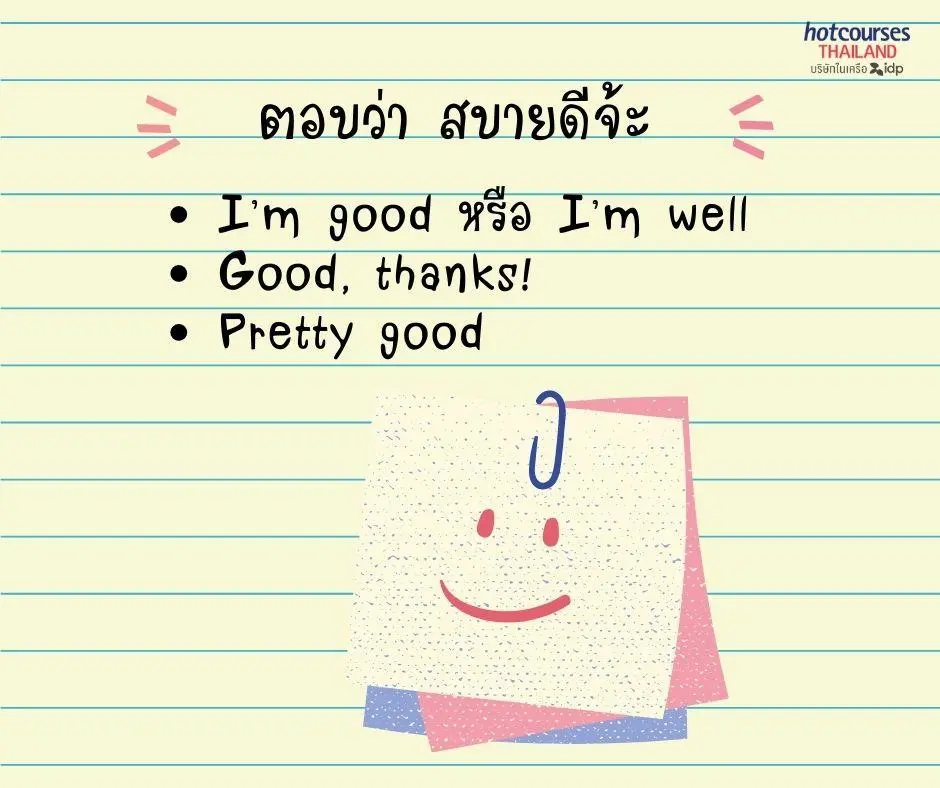


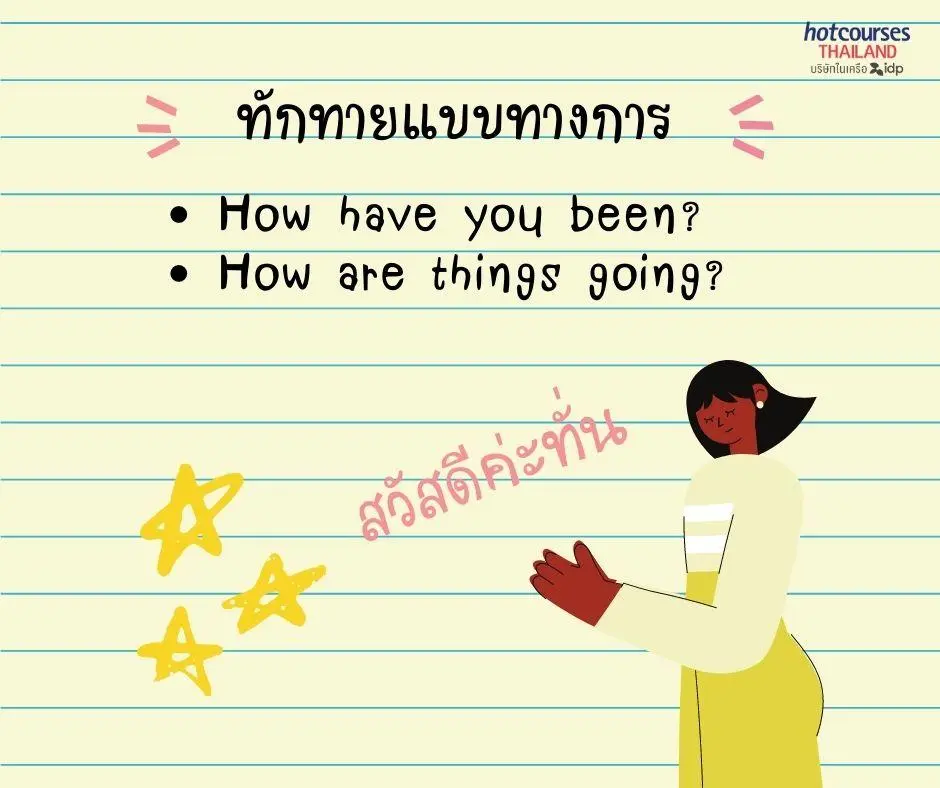

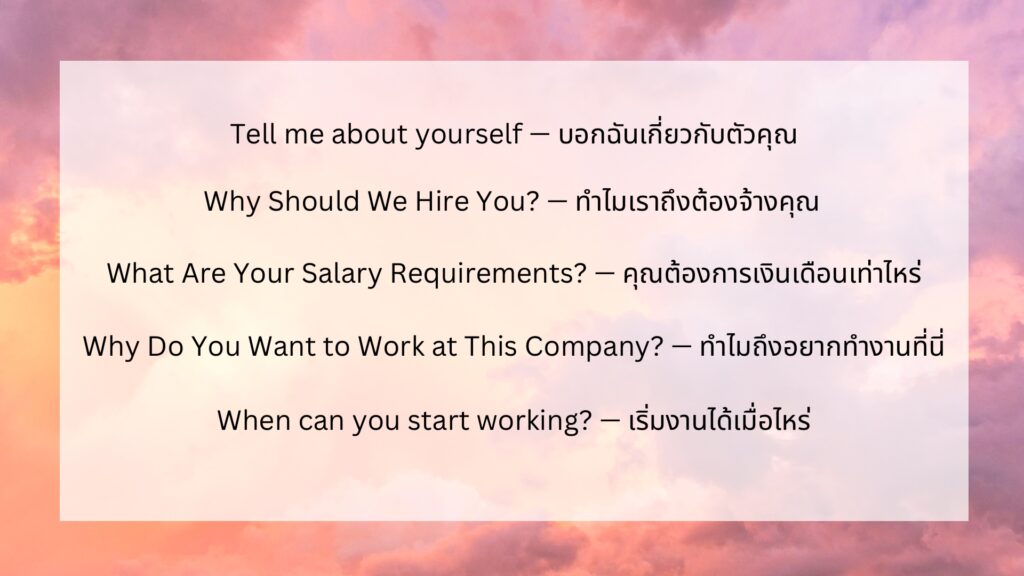








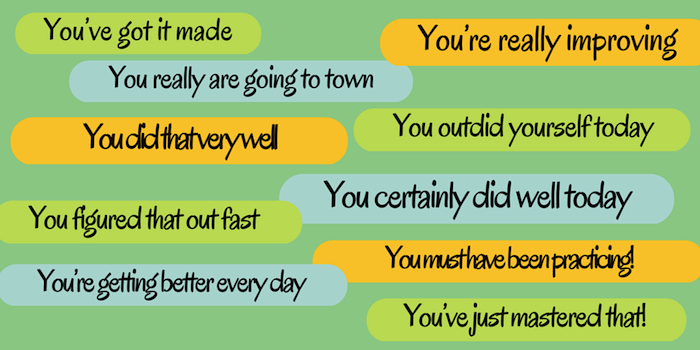

![English Down-under] ใช้ Are you? หรือ Do you? ดีน้าา ใครสงสัยบ้างคะ? บางทีก็ใช้สลับกันใช่มั้ย English Down-Under] ใช้ Are You? หรือ Do You? ดีน้าา ใครสงสัยบ้างคะ? บางทีก็ใช้สลับกันใช่มั้ย](https://t1.blockdit.com/photos/2020/07/5f1652c80187440c95fe9838_800x0xcover_rZTpdKwU.jpg)


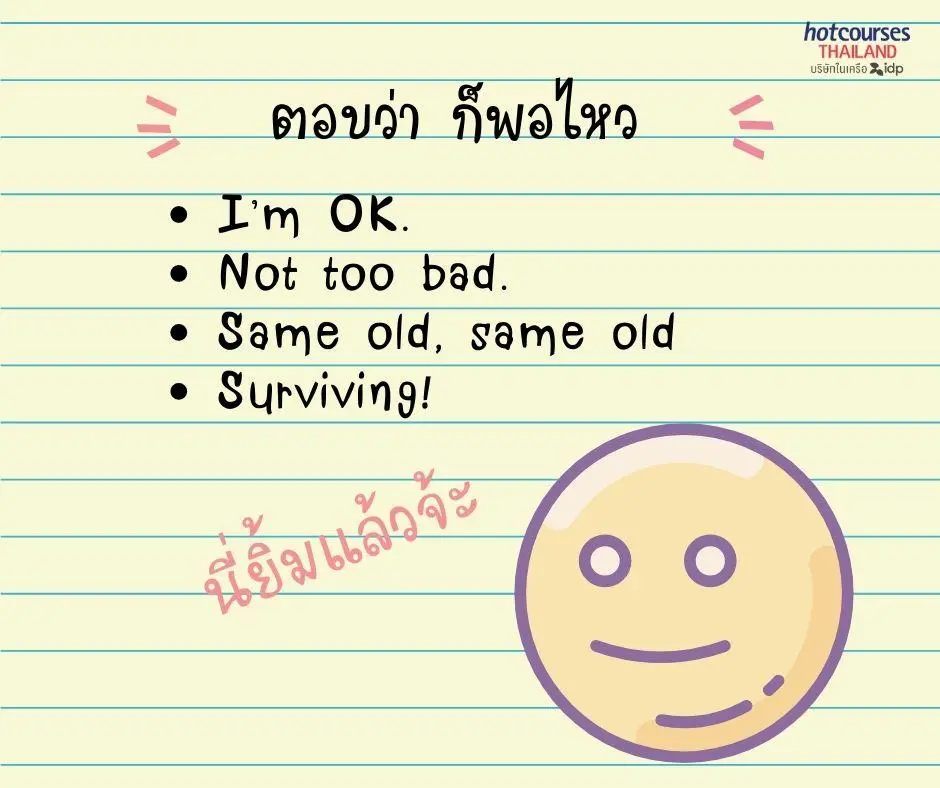








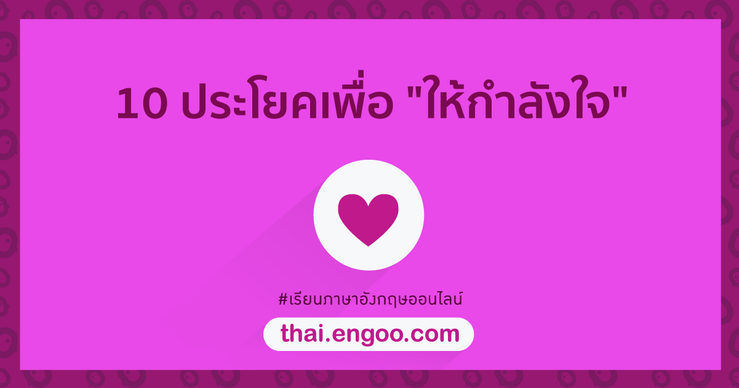

![English Down-under] ใช้ Are you? หรือ Do you? ดีน้าา ใครสงสัยบ้างคะ? บางทีก็ใช้สลับกันใช่มั้ย English Down-Under] ใช้ Are You? หรือ Do You? ดีน้าา ใครสงสัยบ้างคะ? บางทีก็ใช้สลับกันใช่มั้ย](https://t1.blockdit.com/photos/2020/07/5f1652d90187440c95feb019_800x0xcover_zaiuVxrs.jpg)





![แคปชั่นเกี่ยวกับการรอคอย [ภาษาอังกฤษ] พร้อมคำแปล ... I'm waiting for you! » Best Review Asia แคปชั่นเกี่ยวกับการรอคอย [ภาษาอังกฤษ] พร้อมคำแปล ... I'M Waiting For You! » Best Review Asia](https://image.bestreview.asia/wp-content/uploads/2020/11/%E0%B9%81%E0%B8%84%E0%B8%9B%E0%B8%8A%E0%B8%B1%E0%B9%88%E0%B8%99%E0%B9%80%E0%B8%81%E0%B8%B5%E0%B9%88%E0%B8%A2%E0%B8%A7%E0%B8%81%E0%B8%B1%E0%B8%9A%E0%B8%81%E0%B8%B2%E0%B8%A3%E0%B8%A3%E0%B8%AD%E0%B8%84%E0%B8%AD%E0%B8%A2-%E0%B8%A0%E0%B8%B2%E0%B8%A9%E0%B8%B2%E0%B8%AD%E0%B8%B1%E0%B8%87%E0%B8%81%E0%B8%A4%E0%B8%A9-%E0%B8%9E%E0%B8%A3%E0%B9%89%E0%B8%AD%E0%B8%A1%E0%B8%84%E0%B8%B3%E0%B9%81%E0%B8%9B%E0%B8%A5.png)


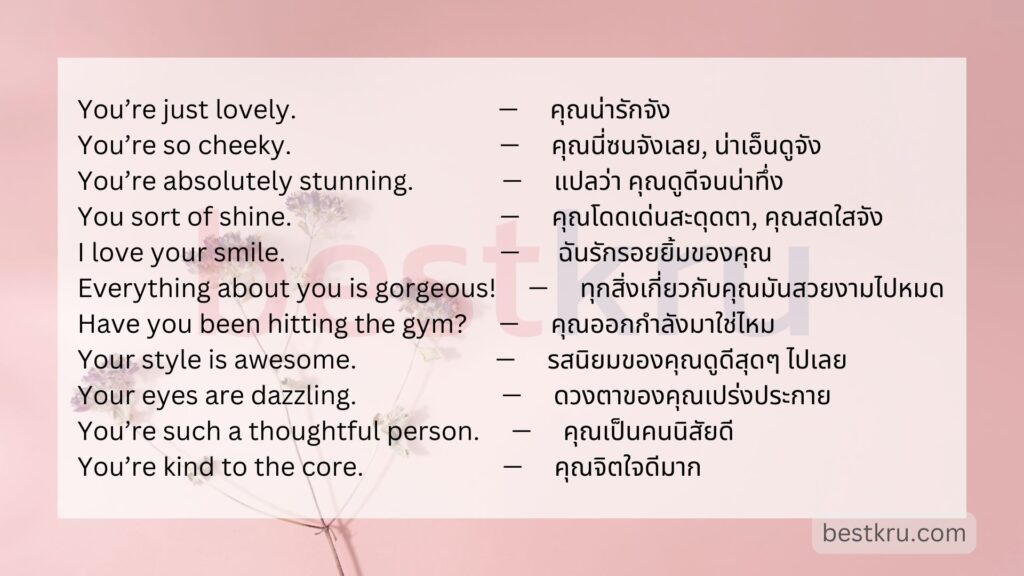



ลิงค์บทความ: วัน นี้ คุณ ทํา อะไร บ้าง ภาษา อังกฤษ.
ดูข้อมูลเพิ่มเติมเกี่ยวกับโพสต์หัวข้อนี้ วัน นี้ คุณ ทํา อะไร บ้าง ภาษา อังกฤษ.
- Way to say: ประโยคภาษาอังกฤษเด็ดๆ คุยได้คุยดีกับชาวต่างชาติ
- เบื่อแล้ว “WHAT ARE YOU DOING?” เปลี่ยนมาใช้ 5 ประโยคใหม่ + …
- What did you do today?… – ครูหนุนเองจ้า Noonny English
- What are you doing today แปลว่าอะไร ดูความหมาย ตัวอย่าง …
- ทำอะไรอยู่จ๊ะ ^^ – Learn English from my daily life เรียนรู้ภาษา …
- What are you doing? คุณกำลังทำอะไรอยู่ บทสนทนาภาษาอังกฤษ …
- รวม 100 ประโยคภาษาอังกฤษพื้นฐาน ที่ใช้ในชีวิตประจำวัน
- ประโยคภาษาอังกฤษในชีวิตประจําวัน ง่ายๆ ไว้พูดกับเพื่อน
ดูเพิ่มเติม: https://cookkim.com/category/investing blog